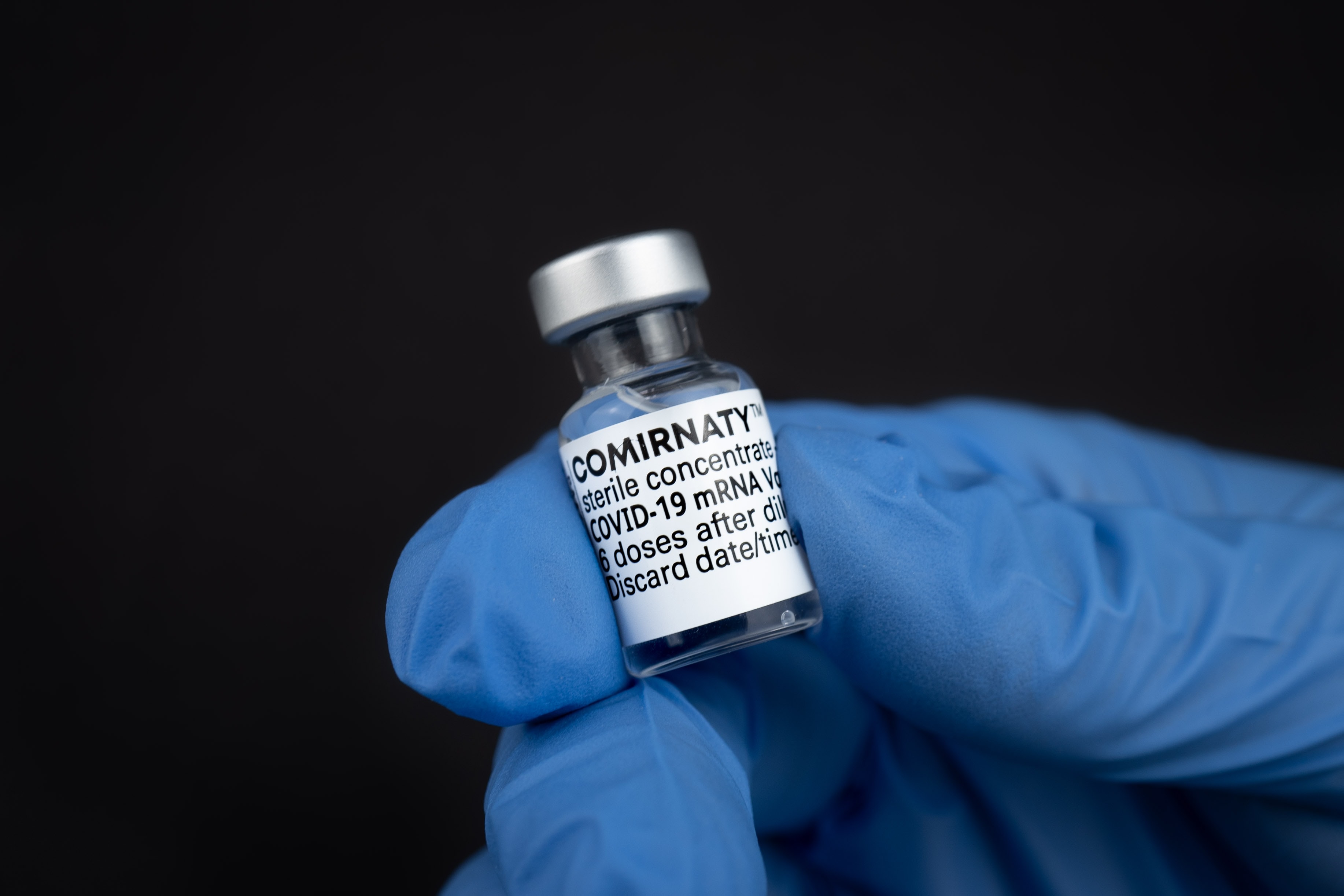Attachments
Note: Not all attachments are visible to the general public. Research URLs will go live after the embargo ends.

Journal/
conference: Nature Immunology
conference: Nature Immunology
Research:Paper
Organisation/s:
University Health Network, Canada
Funder:
This work was supported by the Public Health Agency of Canada through the COVID-19
Immunity Task Force and Vaccine Surveillance Reference Group (D.K., A.H., V.G.H. and
V.H.F.). V.G.H. has received research support funding from Avant Mutual, the Canadian
Society of Transplantation and Ajmera Transplant Centre at University
Health Network.



 International
International


